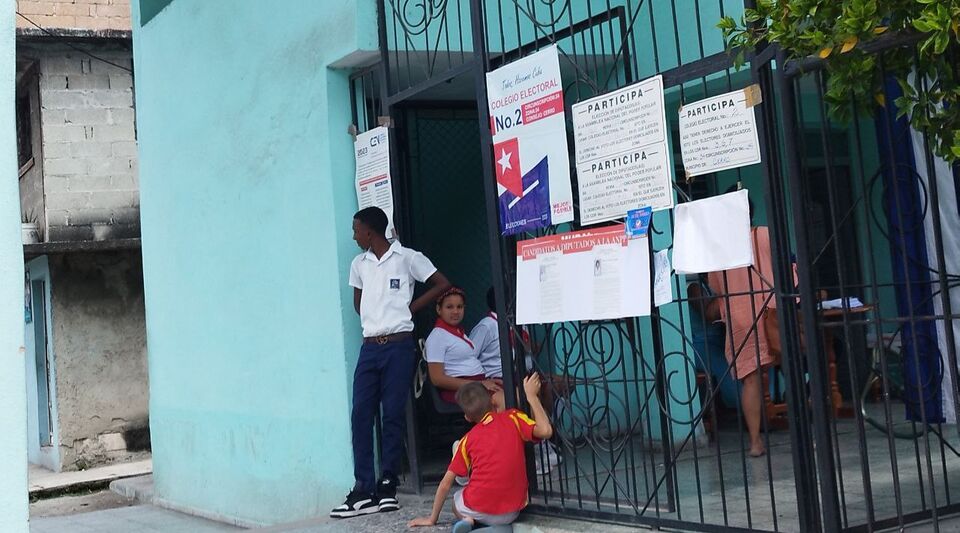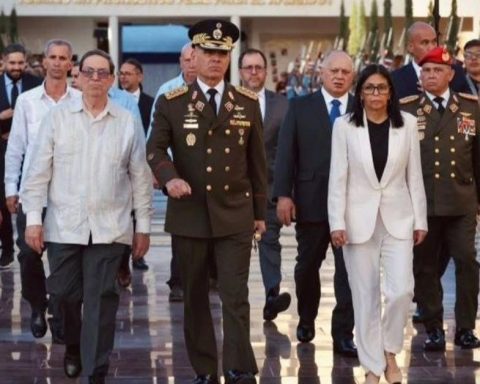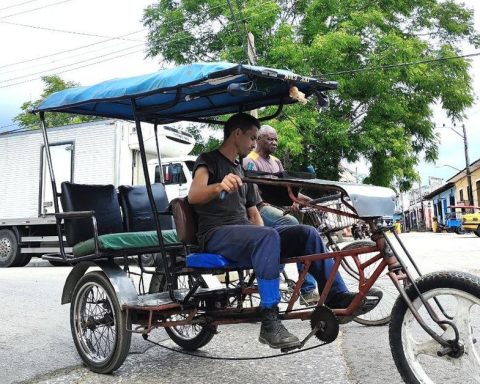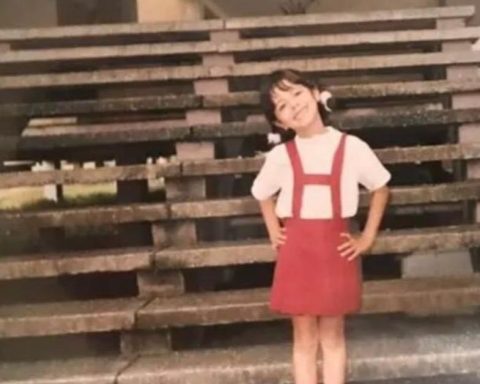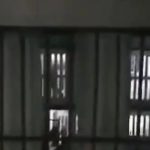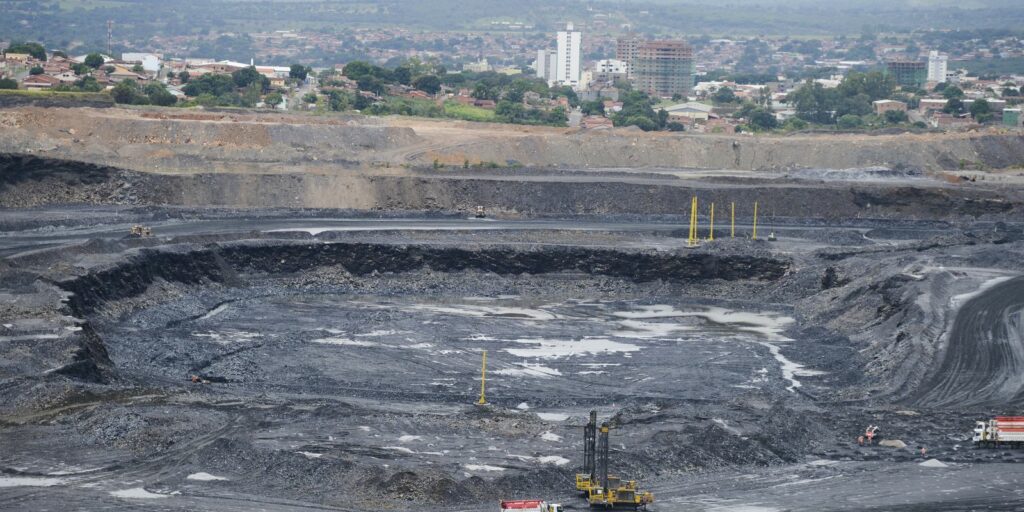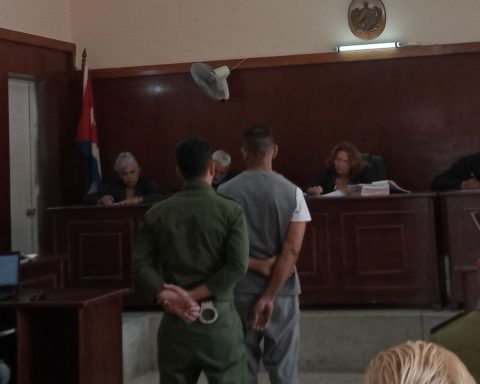The lack of enthusiasm marked the parliamentary elections from this Sunday, March 26, which even with the official data available up to now already point to being the ones with the lowest participation since 1959. The team of 14ymedio He was able to verify in different electoral colleges in Havana that there were not many who came to cast their vote, but neither in the provinces, where it is more complex to signal through abstention, was there greater spirit.
The low turnout is confirmed by collaborators of this newspaper in different provinces and is also suggested by the coverage of the official press, which has not been able to show queues of voters in the images of its media, while the newspaper of the Communist Party of Cuba, Granmahas been inaccessible since the polls closed.
According to official data, at five in the afternoon, 70.34% of the electoral census had voted, which is 8.23 points less than in the 2018 elections, the ones prior to the National Assembly, which were already the least participation at the time. Alina Balseiro, the president of the National Electoral Council (CEN), is expected to appear this Monday to give the first definitive data.
From that time, the schools remained open for two more, until 7:00 p.m., since the CEN extended the period by one hour without further explanation.
From that time, the schools remained open for two more, until 7:00 p.m., since the CEN extended the period by one hour without further explanation. Manuel Cuesta Morúa was one of the opponents who denounced this extension “without force majeure,” as happened in the referendum on the Family Code, held a few days after Hurricane Ian.
The opponent also questioned the growth in participation between 9:00 and 11:00, when the jump was from 18.15% to 41.66%. The official data of the 2018 elections reflect the same trend, but this was not the case in the 2022 municipal elections, when fewer people voted in the 9:00 to 11:00 time slot than in the 7:00 to 9:00 time slot. In 2018 the campaign in favor of abstention was not as intense as in this last election and, nevertheless, the regime now presents higher attendance data.
The lack of international observation missions was one of the biggest criticisms from the opposition and different NGOs, such as Electoral Transparency. “The results issued by the National Electoral Council are incontrovertible” and go in the opposite direction “of the abstentionist trend that the CEN itself reflected” in past elections, the organization lamented in statements to the Spanish news agency EFE.
Electoral Transparency requested “an independent audit so that the announced results are reliable.”
Despite everything, even the official data does not point in a good direction for the ruling party, which has turned more than ever to trying to activate the vote. Participation in parliamentary elections on the Island has been historically high. Between 1976 and 2013 it always remained above 90% and only in 2018 did it fall below that barrier for the first time, up to 85.65%, even though the campaign for abstention was not as active and mobilized as on this occasion. .
In comparison, the abstention in the appointments with the polls last year in Cuba was greater than that already offered by the CEN at 5:00 p.m. In the municipal elections last November it reached 31% and in the referendum on the Family Code held in September it stood at 26%.
The authorities have previously underlined these data that participation on the Island is much higher than that of countless elections in Western democracies, starting with the United States itself. However, the Plaza de la Revolución knows the peculiarities of its own system and knows that can only be compared with itself, so that the fall of the voters who go to the polls is bad news that it will be difficult to overshadow.
Last Thursday, in the propaganda program Con Filo, on Cuban Television, the presenter himself explained it this way: “Suffrage in Cuba has a double significance: not only are future deputies elected to the National Assembly but, as in Every election, our political system is submitted to a tacit referendum. That’s how we see it and that’s how our enemies see it.” Abstention and null or blank votes will be essential to analyze the loss of support for the Revolution on the part of Cubans.
The NGO Cubalex, in addition, pointed out this Sunday different acts of repression against independent journalists and opponents who tried to exercise observation tasks in the elections. Until 9:00 p.m., it had identified 27 cases, with around thirty people affected.
In the elections this Sunday, 470 candidates were presented for the same number of seats, almost all of them militants of the PCC, its youth or their related organizations. The authorities urged to vote en bloc for all the candidates proposed by each district in messages reproduced in a loop in the state media and disseminated with the hashtag #YoVotoXTodos.
On the ballot, voters had the possibility to put an “x” in the box for all candidates (following the official call), only next to some names, or even leave it blank.
This call for a “united vote” led the most fervent supporters of the Executive to vote for unknown candidates from their constituency.
“We don’t know all the candidates, but we voted for the revolution,” Rafaela, a 67-year-old Cuban, told EFE outside a Havana polling station.
“We don’t know all the candidates, but we voted for the revolution,” Rafaela, a 67-year-old Cuban woman, told EFE outside a polling station in Havana.
This age group was one of the few still relatively mobilized, according to information collected by 14ymedio in the previous days. Young people are, once again, the ones who showed the most disinterest, either because of the perception that the Revolution is no longer with them, or because their only thought is to leave an Island in worse conditions than ever.
The progressive drop in participation since 2018 has been read by the Government as a response to the economic crisis. The president himself, Miguel Díaz-Canel, even spoke of a “vote of punishment” during the referendum on the Family Code.
After voting, the president dismissed the possibility that abstentionism would continue to gain ground in parliament: “I don’t think they are the most because (this) has not been the only time with difficulties, with economic complexities.”
In the same terms, the foreign minister, Bruno Rodríguez, expressed himself in statements to the press at a school in Havana: “Cuban elections will continue to be different in the sense of greater participation and democracy than the majority that one sees on the planet.”
________________________
Collaborate with our work:
The team of 14ymedio He is committed to doing serious journalism that reflects the reality of deep Cuba. Thank you for accompanying us on this long road. We invite you to continue supporting us, but this time becoming a member of our newspaper. Together we can continue transforming journalism in Cuba.
